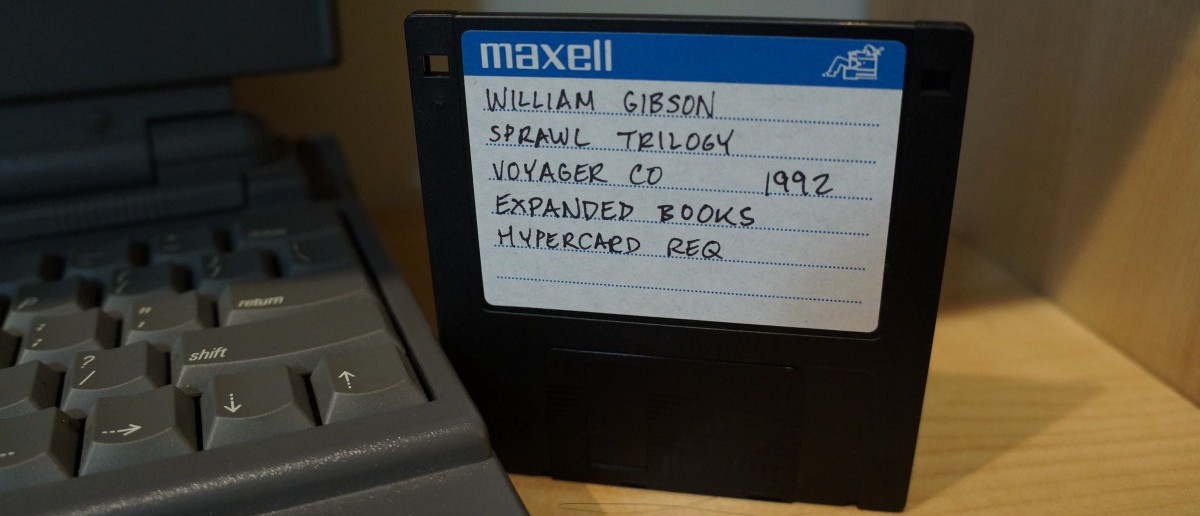The Real Estate of Fear – “Criticism”
To: Professor Ellis
From: Jodieann Stephenson, Samantha Pezzolanti, Pamela Drake, & Mariah Rajah
Re: Project 3 Collab. Memo “The Real Estate of Fear”
Date: 03/14/2016
Dear Professor Ellis,
After much deliberation and brainstorming we have come to the conclusion that this third project should be based on the overall arching theme of fear and how it plays a part in determining aspects of our professional lives. Since this project will be be both collaborative and non-fictional based we have all chosen issues which we have faced in our personal lives that we believe many professionals also face.
Jodieann Stephenson has chosen to take on the fear of public speaking and how it has affected her in such a way that she has gone out of her way to create a “persona” in able to cope with her speaking fear. She has even chosen a career of writing which will allow her to say what she physically cannot. Her Podcast will be an insightful and eye opening podcast about public speaking, anxiety, and coping mechanisms.
Samantha Pezzolanti has chosen to take the root of understanding the fear of change and how it keeps it sometimes keeps us grounded in one place because we fear the unknown of what comes with change. She explores this through her own life experiences and will illustrate ways in which to face this fear in many ways like she has. This podcast will allow for professionals to have another perspective on change and the way it can be seen as opportunity and not a rabbit hole.
Mariah Rajah has taken on the task of understanding and illustration the fear of leadership. In her own life she has been afraid to assume the role of a leader due to the fears of failing in the eyes of other and dropping the ball in that role. Her podcast will give examples of what she believes to be a good leader and will share her story of how she has even moved past her fear by assuming the role of a leader time after time. This podcast will be an overall look into leadership and the fears individuals can approach the role in such a way that they understand its responsibilities enough not to fear it.
Lastly, Pamela Drake will paint a picture of how individuals fear criticism, the way in which it affects an individual, as well as ways in which learning to make it constructive instead of destructive. Her exploration into the fear of criticism allows for her to relate to Ms. Stephenson’s podcast due to the fact that many of those who fear speaking fear being criticized for their voice. This podcast will reveal the ways in which a professional can understand the differences in critic and how the separate fear from it.
The podcast we hope to create will focus on these fears we speculate many professionals fear. We hope to produce an episode in which our audience can learn, engage, and realize that all fears are essentially inevitable but they do play a larger role in our lives that we may recognize. All in all we hope that this podcast will meet all requirements for the project effectively and our stories will be able to connect with not just an Openlab audience but a larger one.
The Real Estate of Fear – “Criticism”
This project is about the fear of criticism.
I will discuss what criticism is and how to overcome it by dealing with it in a positive way and turning it into something good.I will be focusing on criticism from a professional aspect.
As this is a collaborative effort, all the episodes will focus on the professional aspect of fear and attempt to have a cohesiveness to the episodes.
Beginning with a definition of criticism, I will discuss the barriers that many people encounter when dealing with criticism. I will refer to a research study that investigated criticism and what the research found. Then I will discuss the two types of criticism—constructive criticism and destructive criticism, what makes them different and what are the motivations for their approach.
I will discuss my personal struggle with coping with criticism and how it made me feel as a young person. I will discuss my challenges in Internalizing the feelings and how I overcame to be more professional and productive.
There will be two interview in the podcast where I will ask two people about their experiences of being criticized and how it made them feel. Then I will provide tangible solutions resulting from analyzing and evaluating the criticizer and the criticism.
I will conclude by reiterating that we have control over how we allow criticism to affect us and we should not be fearful.
9 Minute Version
7 Minute Version



